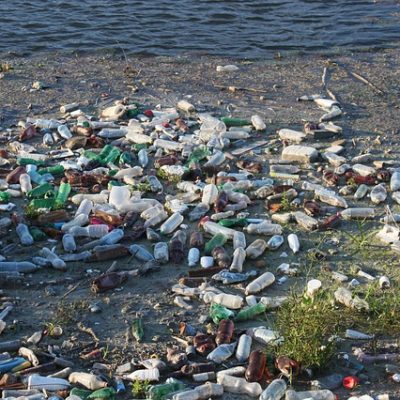
The UNEA opened all eyes on a global agreement on plastic pollution.
Previously environmentalist activists have been campaigning against toxic gases that are being released by the industrial companies. With many saying the toxic gasses have contributed into global warming. However plastic pollution has been described as the major contributor in the pollution of oceans, rivers and lakes.
The Headquarters of the United Nations Environment Assembly in Nairobi, Kenya hosted the 5th session of the UNEA. In attendance in the 3 day hybrid season of UNEA representatives of over 170 countries.
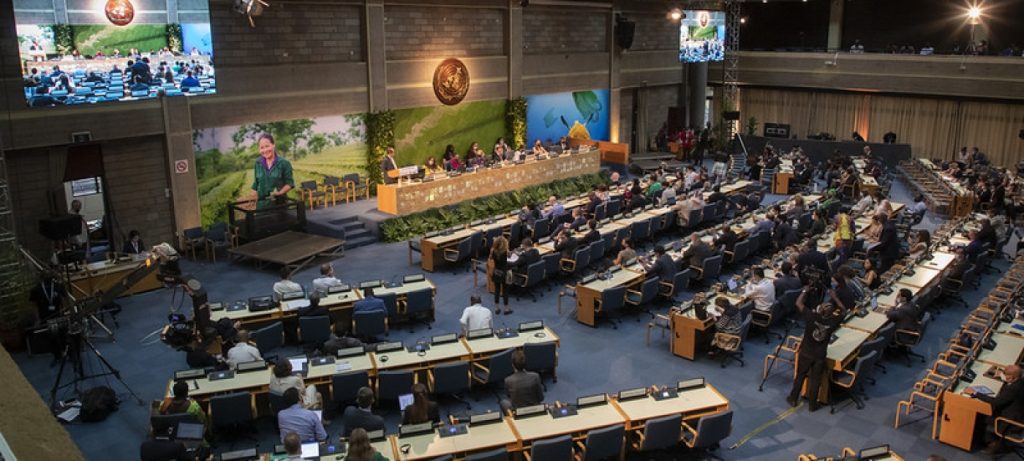
The main agenda of the meeting was to reach a global agreement on plastic pollution,among a series of a draft resolutions. Many believe that oceans and the land’s major sources and contributors of pollution are plastics.
“Our assembly gathers at a moment of several geopolitical turmoil. More than ever, we must demonstrate that multilateral diplomacy can deliver.
“Plastic pollution has grown into epidemic on it’s own. Paradoxically plastics are among the most long-lasting products we humans have made and frequently, we still just throw it away. Plastic is a product that can be used again and then over and over again, if I am convinced that the time has come for a legally binding treaty to end plastic pollution,” said the President of UNEA-5 the Norway’s Minister for Climate and Environment, Espen Barth Eide.
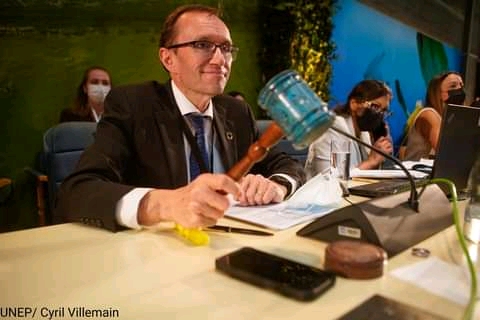
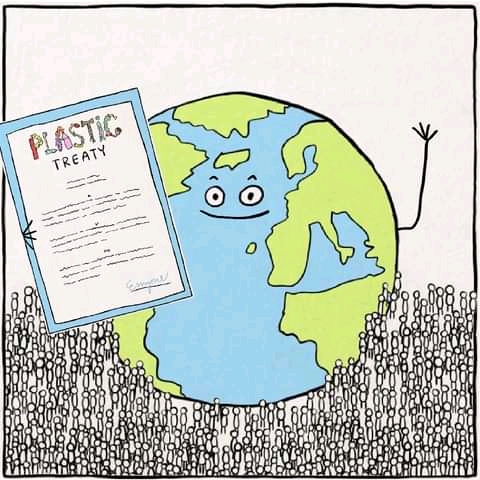
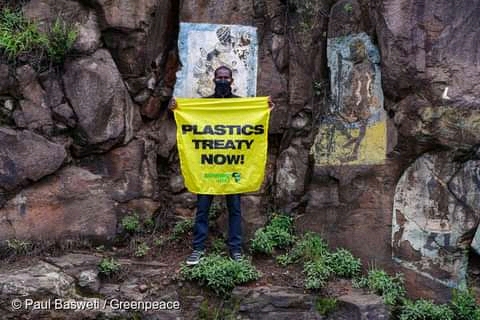
The executive director of UNEP, Anderson told the delegations that he was happy with the agreements that were made during the session.
“Over the last week, we have seen tremendous progress on negotiations towards an internationally legally binding instrument to end plastic pollution. I have complete faith that once endorsed by the assembly we will have something truly historic on our hands ,” said Anderson.
The UN members were tasked with developing an over-arching framework to reducing plastic waste across the world. The members agreed to drawing up a global plastic treaty that could set rules for production, use and disposal of plastics.
World leaders have until 2024 to agree the plastic pollution treaty, including which elements will be legally binding and how the deal will be financed. (Source – BBC News).
In Accra, innovators created through recycled material including plastic waste a bus stop their founder is Makafui Awuku.
Facts on plastic:
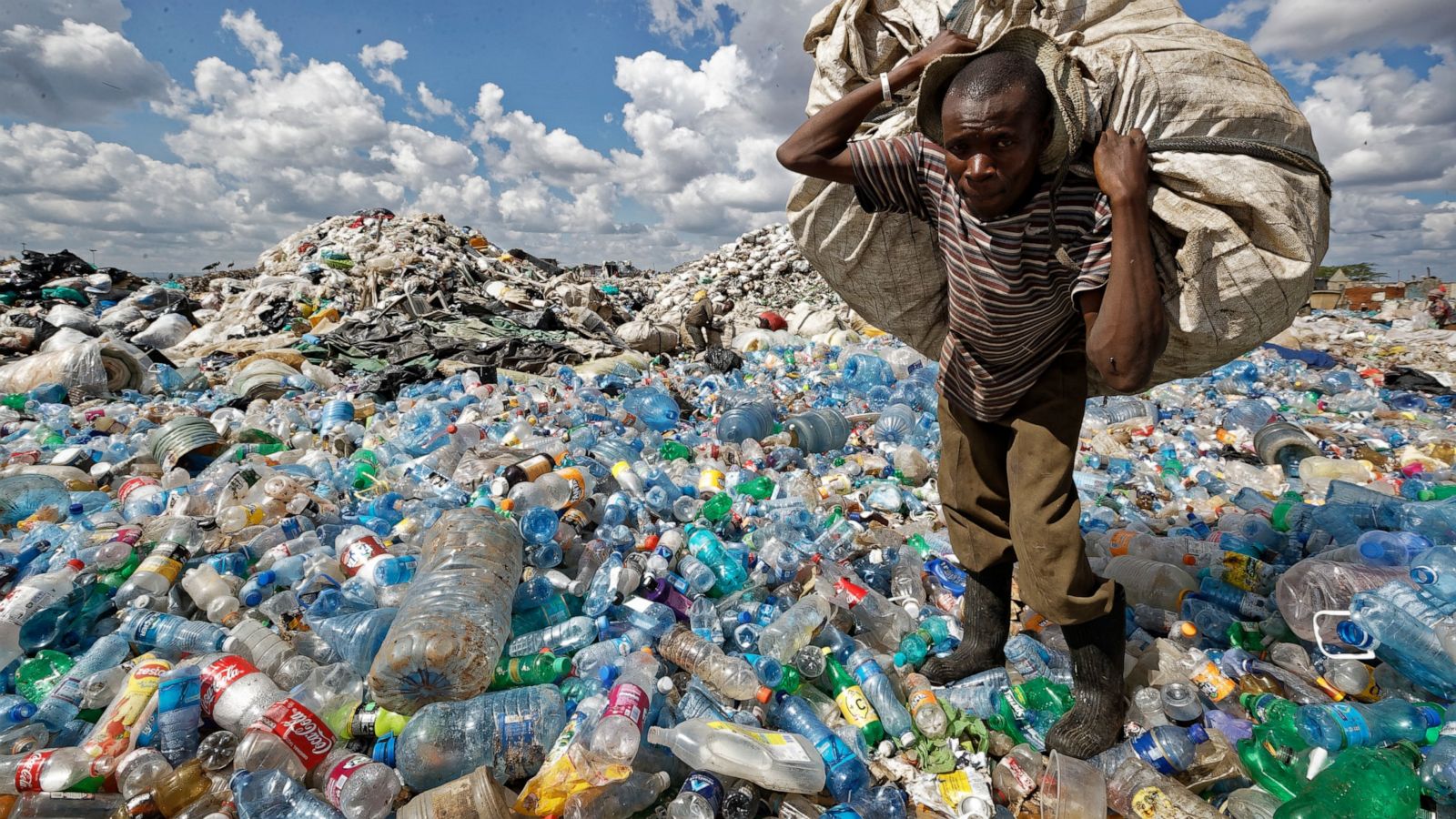
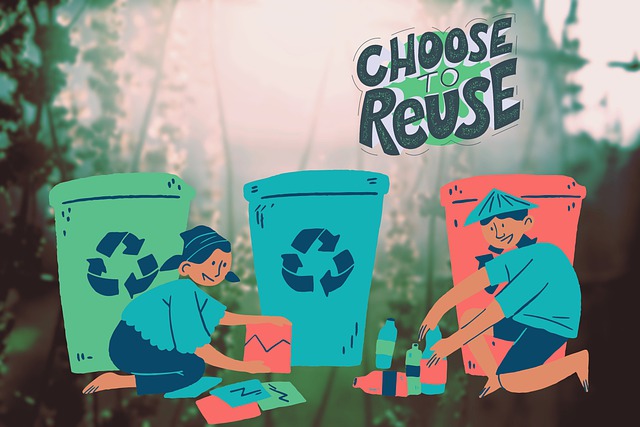
It’s thought more than five trillion pieces of plastic are in the world’s oceans, which can take years to break down. Each year, 400 million tonnes of plastic is produced and 40% of that is single-use – plastic only used once before it’s thrown away. More than eight million tonnes of plastic enters the world’s oceans each year and most of that escapes from land. Not all plastic can be recycled, either because of the way it’s made or because it’s too expensive or difficult to do so. Animals on land or at sea can be harmed by plastic. They can get trapped in carrier bags or food packaging or mistake plastic for food.
Follow Helen on Twitter @hbriggs.


